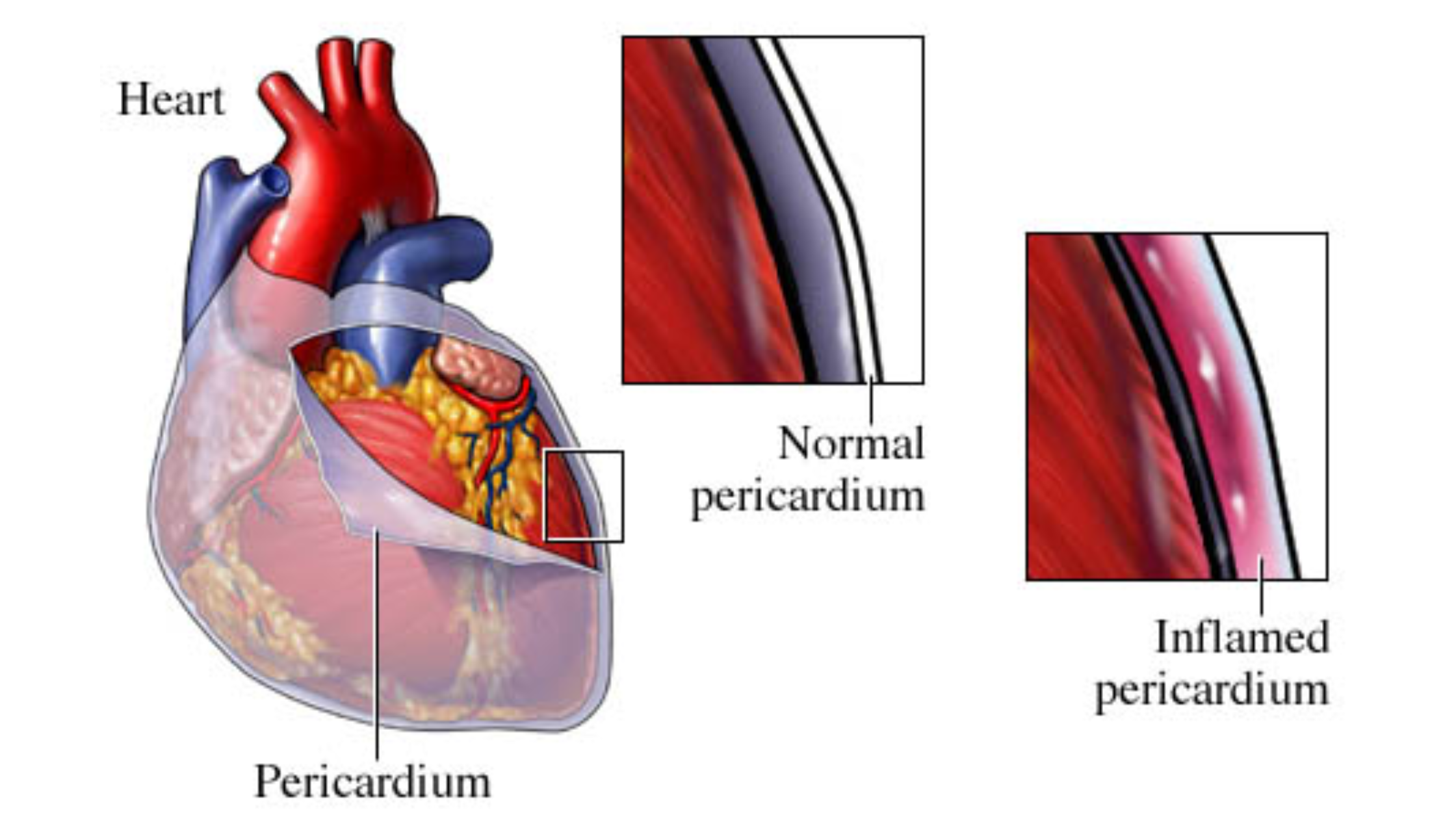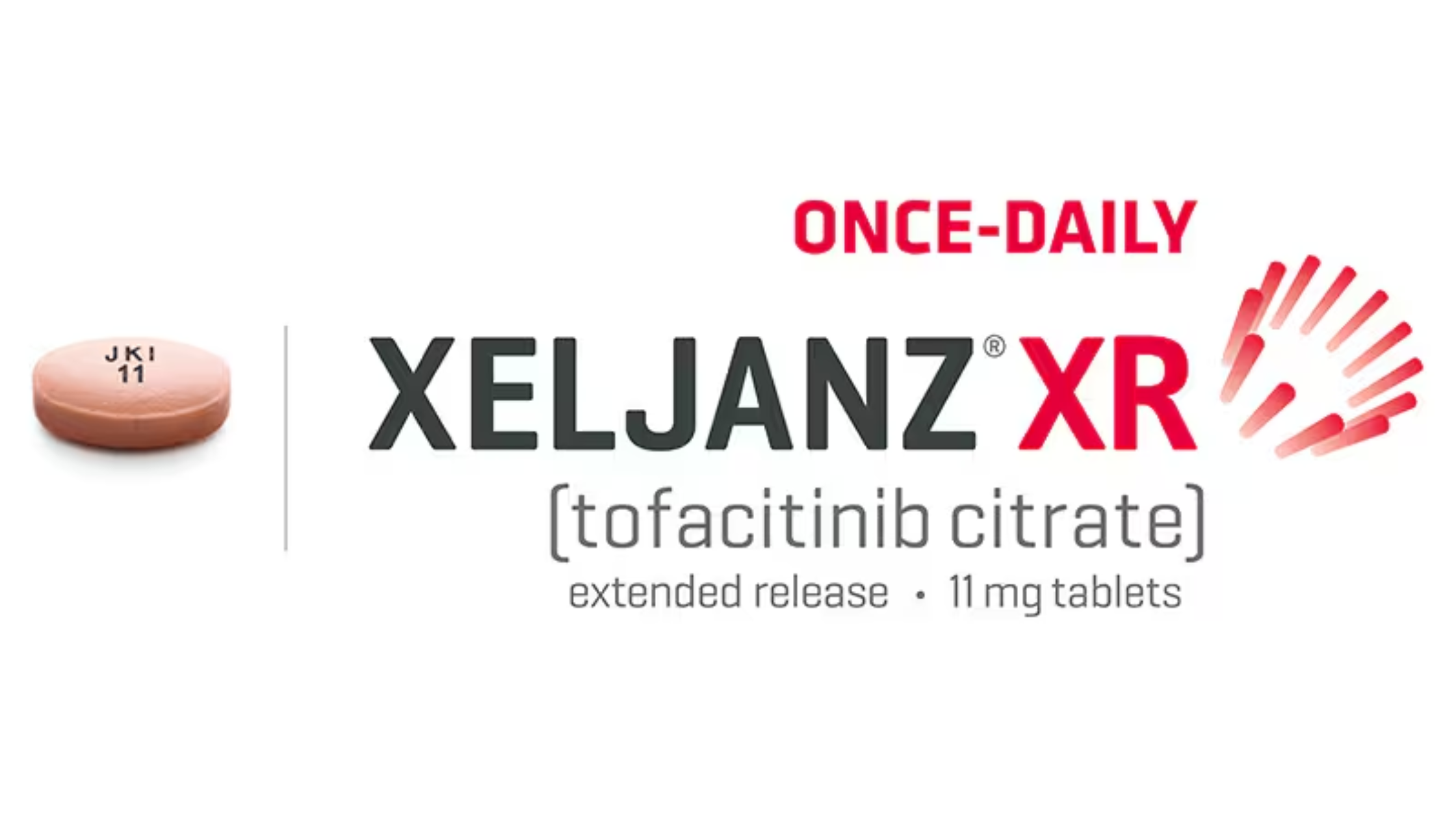Last updated on August 13th, 2024 at 10:48 am
Alcohol consumption is a common social activity, but excessive drinking can lead to a range of problems, including alcohol poisoning, a potentially life-threatening condition. When someone consumes a dangerous amount of alcohol, immediate intervention is crucial. While there is no single “alcohol antidote drug,” several medications and treatments can be used to manage and reverse the effects of alcohol poisoning. Here, I’ll explore alcohol poisoning, its symptoms, and the drugs and interventions used as antidotes in the treatment of this condition.
What is Alcohol Poisoning?
Alcohol poisoning, also known as alcohol overdose or acute alcohol intoxication, occurs when a person consumes a dangerously high amount of alcohol in a short period. This excessive alcohol intake can overwhelm the body’s ability to metabolize and process alcohol. As a result, the alcohol accumulates in the bloodstream, leading to potentially life-threatening effects.
Symptoms of Alcohol Poisoning
The symptoms of alcohol poisoning can vary in severity and may include:
- Confusion or stupor
- Vomiting
- Slow or irregular breathing
- Hypothermia (low body temperature)
- Seizures
- Unconsciousness or an inability to wake up
- Cyanosis (bluish or pale skin and lips)
- Hypoglycemia (low blood sugar)
If you exhibit these symptoms after consuming alcohol, you should seek immediate medical attention immediately, as alcohol poisoning can lead to severe complications, including brain damage and death.
Alcohol Antidote Drugs and Interventions
While there is no single “antidote” for alcohol poisoning, healthcare providers may use various drugs and interventions to manage and reverse its effects. These may include:
- Intravenous (IV) Fluids: Administering intravenous fluids can help rehydrate the individual and stabilize their electrolyte levels. This is crucial in treating alcohol poisoning, as excessive alcohol consumption often leads to severe dehydration.
- Thiamine (Vitamin B1): Thiamine supplementation may be provided to individuals with alcohol poisoning, as excessive alcohol use can deplete thiamine levels. Thiamine helps protect the brain from damage associated with alcohol toxicity.
- Glucose: In cases of severe hypoglycemia (low blood sugar), healthcare providers may administer glucose to restore normal blood sugar levels.
- Activated Charcoal: In some instances, activated charcoal may be used to absorb any remaining alcohol in the stomach, preventing further absorption into the bloodstream.
- Monitoring and Supportive Care: Continual monitoring and supportive care, including oxygen therapy and the use of a mechanical ventilator in severe cases, are essential in managing alcohol poisoning.
While these interventions can help treat alcohol poisoning, there is no single medication or antidote that can immediately reverse the effects of alcohol. The primary goal is to provide medical care that supports the individual’s recovery and prevents further harm.
Preventing Alcohol Poisoning
The most effective way to manage alcohol poisoning is to prevent it from occurring in the first place. Responsible drinking and knowing one’s limits are essential. It’s crucial to stay informed about the potential dangers of alcohol and to seek help or call for medical assistance if you suspect alcohol poisoning in yourself or someone else.
Please Keep this in mind!
Alcohol poisoning is a serious and potentially life-threatening condition that requires immediate medical attention. While there is no specific “alcohol antidote drug,” healthcare providers use a combination of interventions, including IV fluids, thiamine, glucose, and supportive care, to manage and treat this condition. Prevention through responsible drinking is the most effective way to avoid alcohol poisoning, but awareness of its symptoms and the importance of seeking help when needed can make a significant difference in saving lives.



